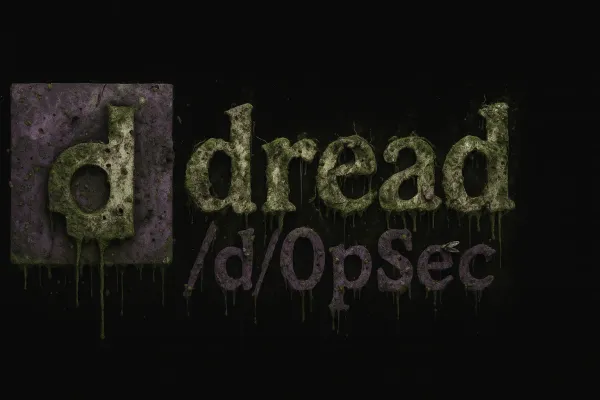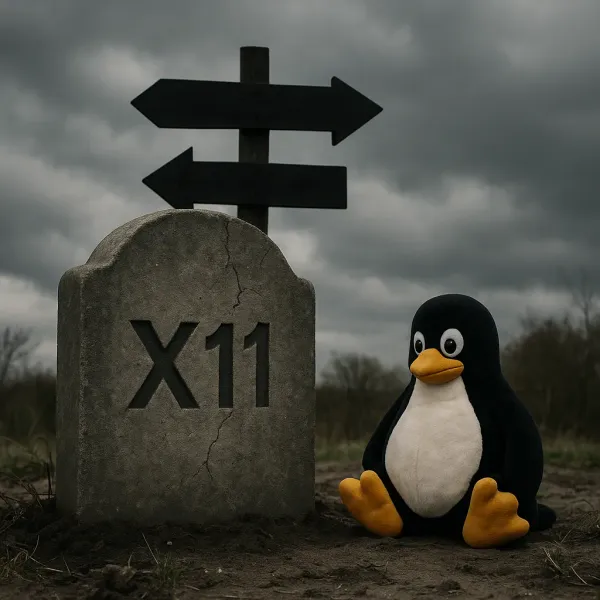ChatGPT Plus to Claude 3 Opus, After looking at Gemini 1.5, Why I Made the Switch
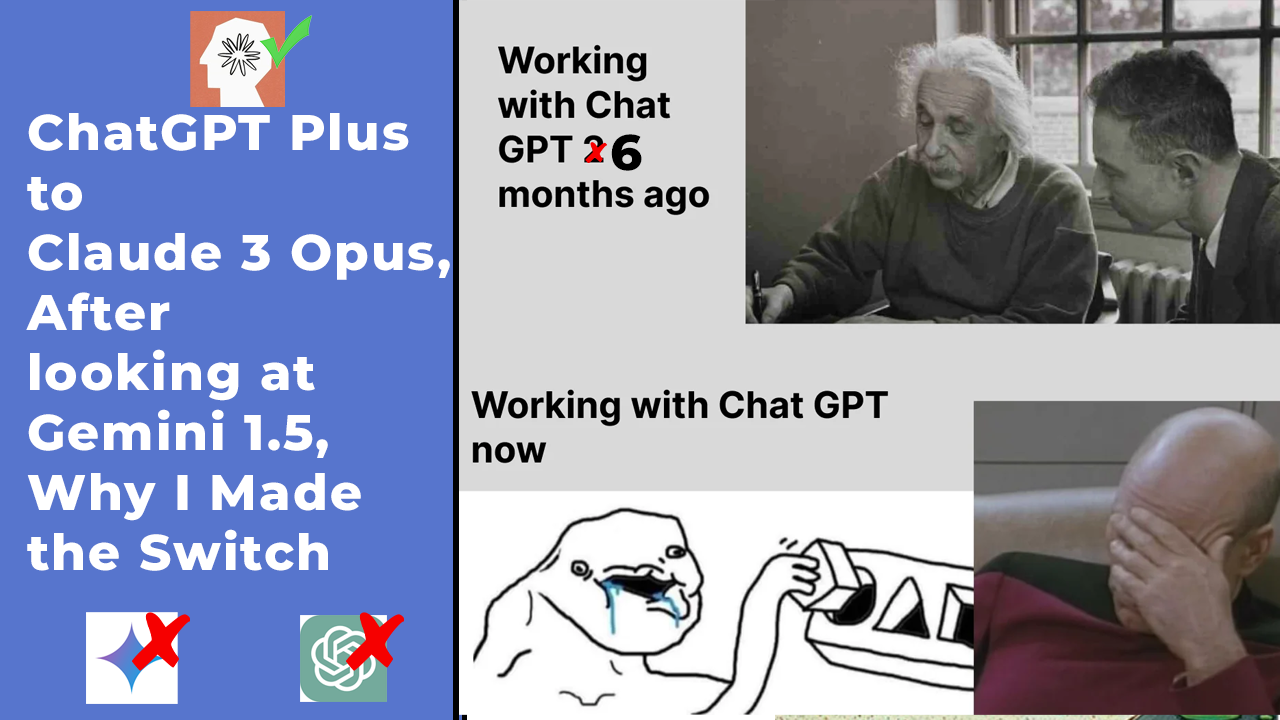

As someone who has been using ChatGPT Plus heavily since its inception, I’ve witnessed firsthand the evolution of this powerful AI tool. I even documented some of its evolution in videos. Initially, I was thrilled with its capabilities, leveraging it for writing assistance, research, and educational purposes. However, over time, I noticed a gradual decline in ChatGPT’s performance, specifically its cognitive abilities, to the point where even the most basic tasks became a struggle. That’s when I knew it was time for a change.
This article is about my personal experience and reflects one user’s journey. You may not have the same issues or the same experiences. That said, when OpenAI does a significant update, like when GPT-4 was first released, it’s amazing, so I do not doubt that when GPT-5 gets released, I will subscribe that day until six months later when it cannot tell the ABCs. Also, besides Reddit, there are a ton of other sites that also have people with similar experiences, whether it’s people on Hacker News talking about how ChatGPT use declines as users complain about ‘dumber’ answers or
The Decline of ChatGPT Plus
It’s hard to pinpoint precisely when ChatGPT Plus started to lose its edge, but the signs were there. If someone put a gun to my head and forced me to guess, I would estimate that it was about the time the ‘fix’ for it being ‘lazy’ happened. Others would disagree and say it was sooner:

Responses that were once insightful and precise became increasingly vague and generalized. The AI often ignored my prompts or required multiple attempts to generate a satisfactory output. It felt like talking to a cold-reading psychic, with responses so generic they could apply to anyone. A thing called “Model Collapse” (Cornell Univ.) exists, which may point to one of the issues.
As a heavy user, spending 4-6 hours daily with ChatGPT, I was deeply invested in its success. I had been a die-hard fan, appreciating its ability to provide accurate, relevant information with minimal hallucinations. But as the quality of responses declined, so did my productivity. Tasks that once took minutes now require hours of prompting and re-prompting to achieve subpar results.
Spending the same amount of time, I would have with no AI to get a result that still required a ton of work made it more feasible not to use AI. However, I also knew that it’s a vast world and that ChatGPT is not the only option.
The Search for an Alternative
Frustrated with ChatGPT’s declining performance, I searched the internet for answers. A quick search for “ChatGPT is useless now,” limited to recent results, revealed I was not alone. Numerous Reddit threads and Hacker News discussions echoed my concerns. Some die-hard GPT believers insisted the issue lay with users’ prompting skills rather than the AI. But as someone well-versed in prompt engineering and technology, I knew this wasn’t the case.
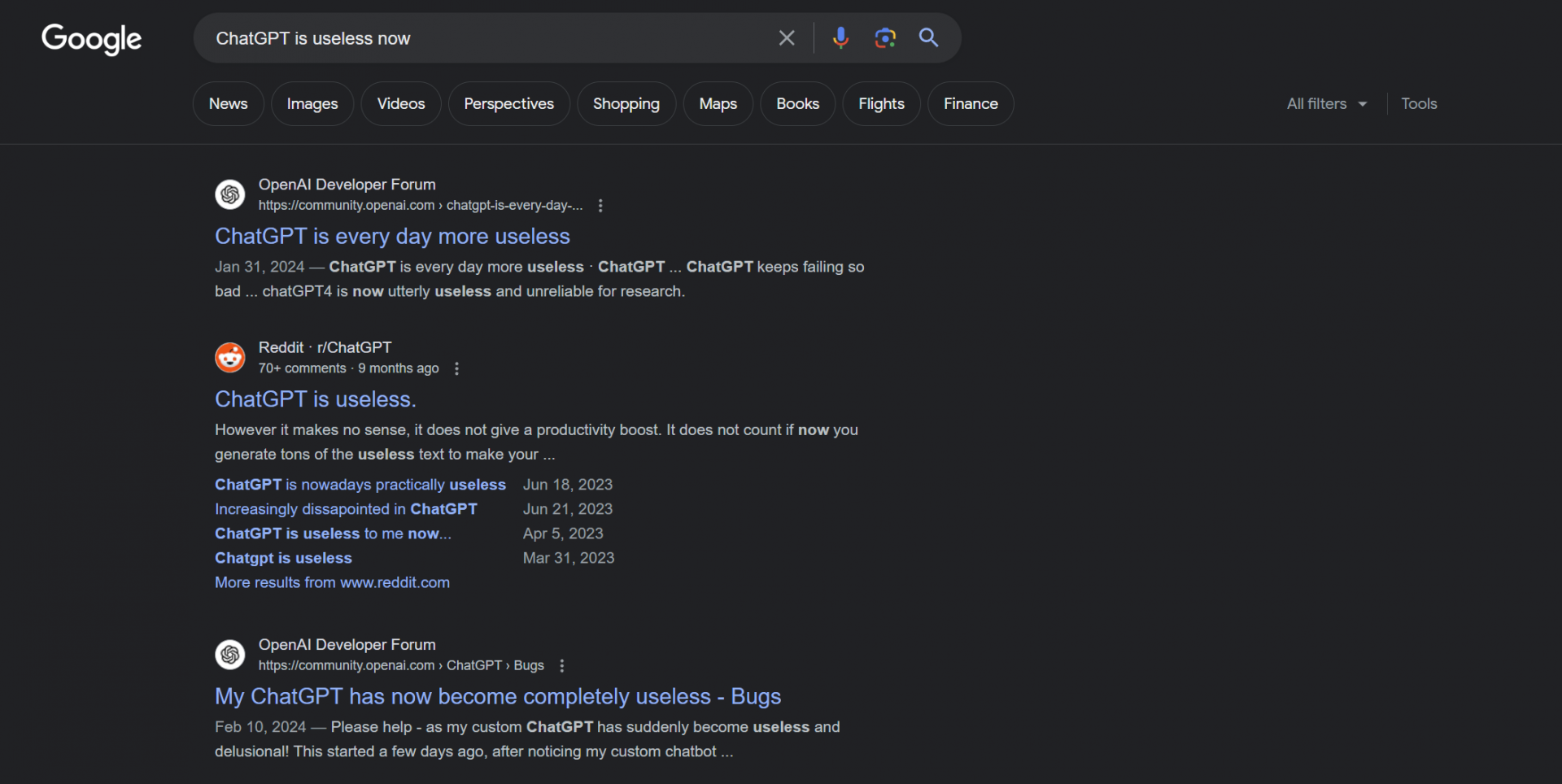
I was glad to see that I was not alone in this issue at the end of the day.

That’s when I remembered Claude, an AI assistant I had briefly encountered on Poe.com.

I hadn’t given it much thought before, but ChatGPT failed to meet my needs; it was time to give Claude a fair shot.

I had seen a bunch of different Reddit threads where this was reflected. It was good to know that I wasn’t alone in this.


Making the Switch to Claude 3
The transition from ChatGPT Plus to Claude 3 was seamless. After backing up my data from OpenAI and deleting my conversations, I created a new account on claude.ai. The user interface and experience immediately impressed me – clean, streamlined, and intuitive.
But the real test was in the actual usage. I started by asking Claude to assist me with writing tasks, just as I had done with ChatGPT. To my delight, Claude followed my prompts accurately and efficiently, generating coherent, relevant outputs on the first try: no more repeated attempts or frustrating back-and-forths.
Claude’s ability to analyze uploaded documents and images, a feature I appreciated in ChatGPT, was also present and functional. The AI handled context effectively, remembering previous questions and avoiding contradictions or confusion.
Comparing Claude 3 and ChatGPT Plus
To illustrate the difference between Claude 3 and ChatGPT Plus, I’ve included two conversation excerpts. Both give the exact text and ask for the same thing.
In the ChatGPT example, I tasked the AI with generating a 50-word excerpt on compromised ChatGPT credentials circulating on Darknet markets. Despite multiple attempts and clarifications, ChatGPT failed to respond satisfactorily, getting hung up on the word count.
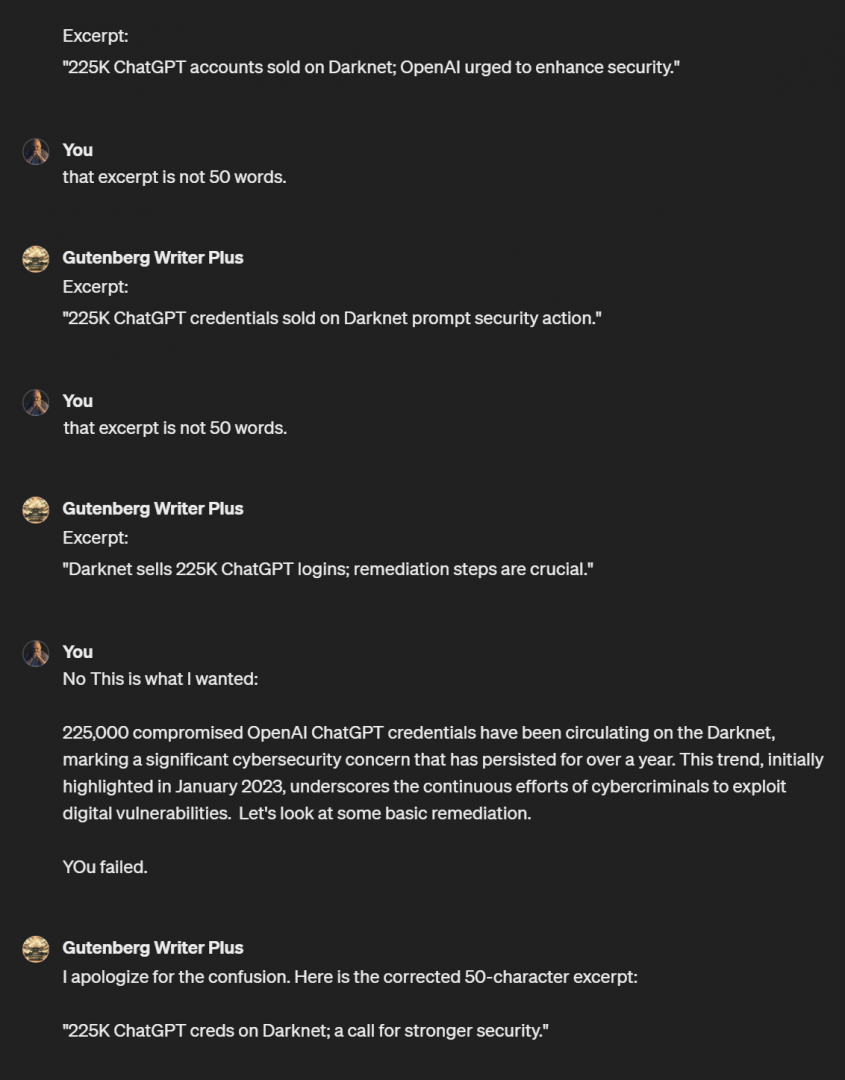
In contrast, Claude 3 generated a brief, informative 50-word excerpt on the first try when given the same prompt. It accurately summarized the situation, included relevant keywords, and provided clear next steps for mitigation.
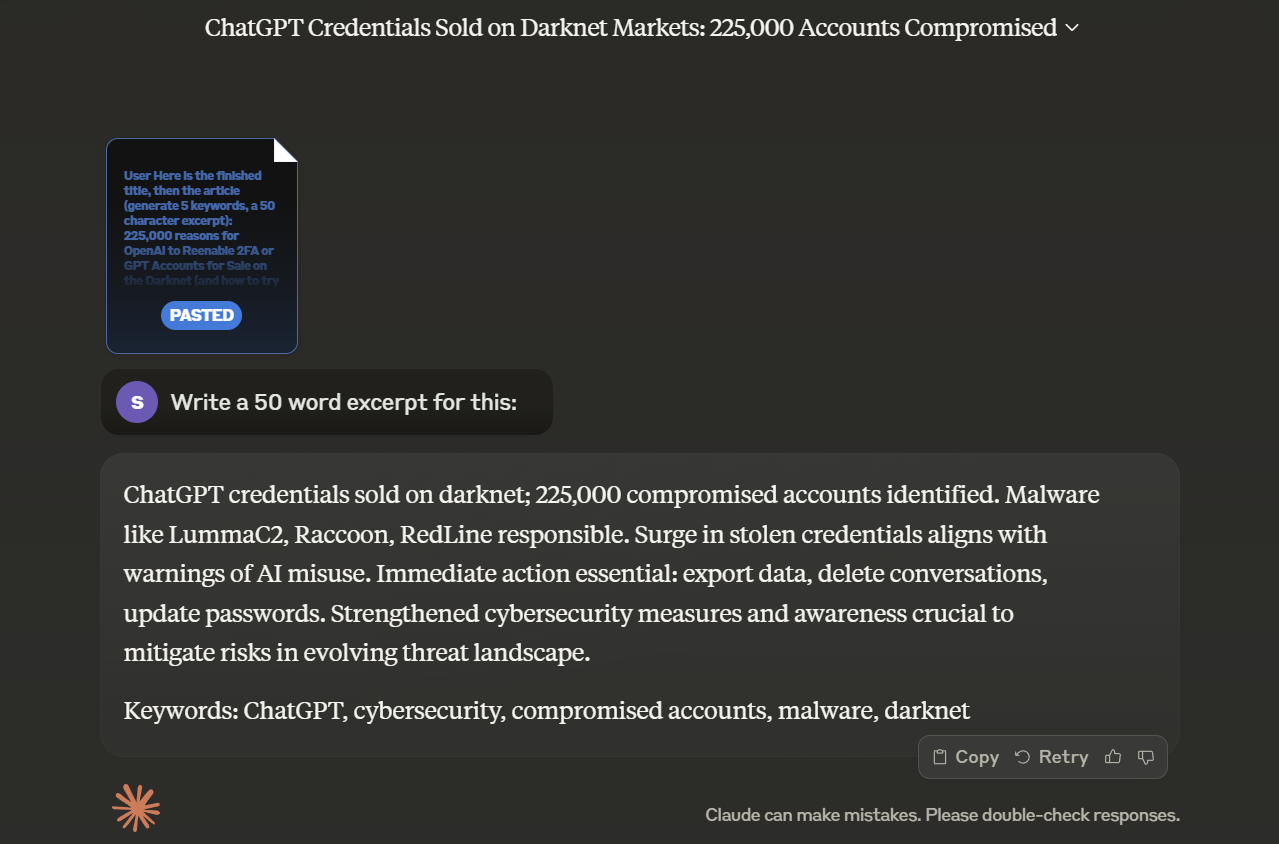
This side-by-side comparison is just one instance of Claude’s superior performance. Across various tasks – writing, research, analysis – Claude consistently delivers more coherent, actionable results that align with my needs. I like that I don’t have to explain things 50 times and argue with the AI.
Gemini 1.5 Pro: Google’s Latest Offering
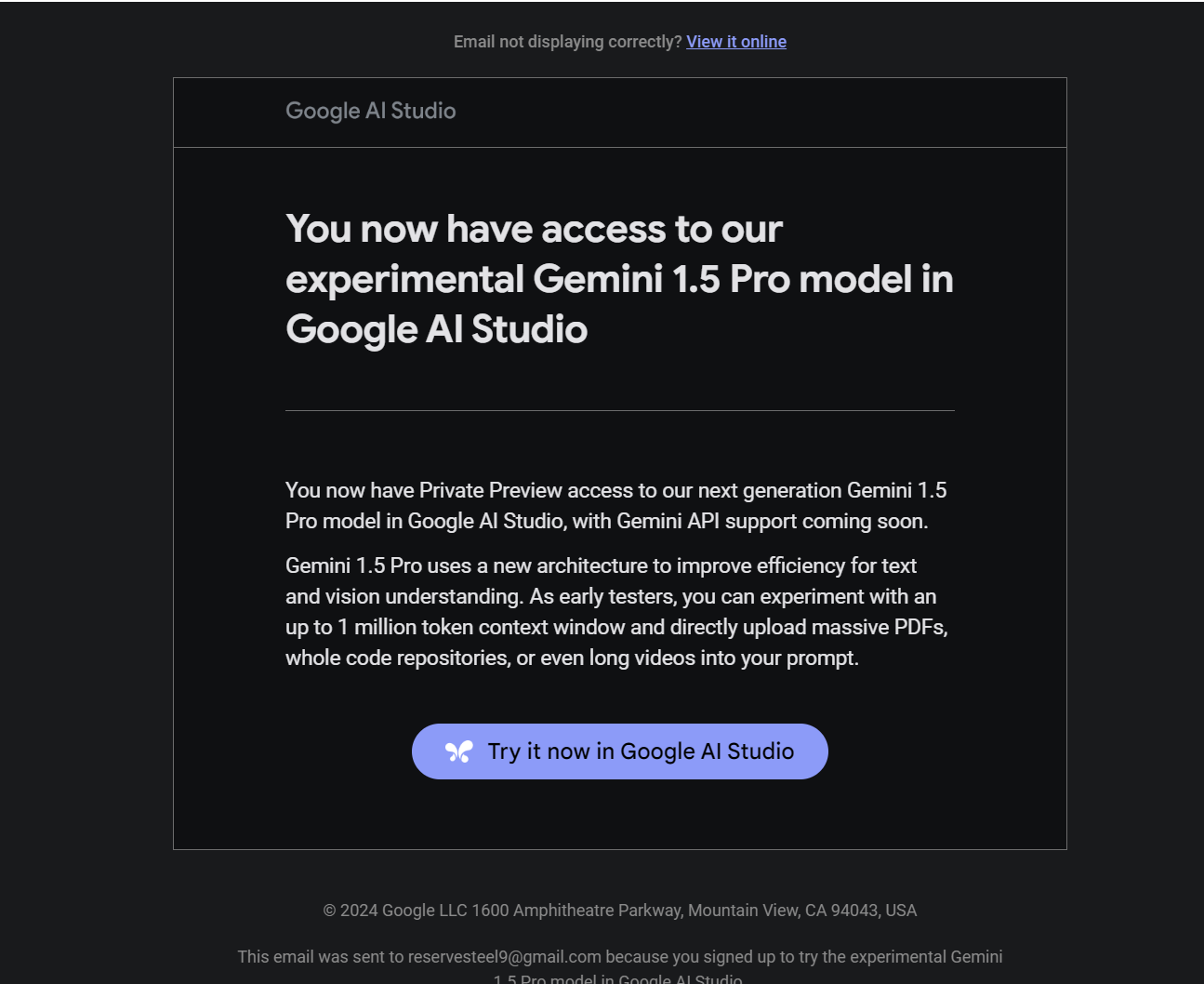
While exploring alternatives to ChatGPT Plus, I also had the opportunity to test drive Gemini 1.5 Pro, Google’s newest and most advanced AI model available through Google AI Studio. Eager to see how it measured up, I gave Gemini the same “compromised ChatGPT credentials” prompt I had used to compare Claude and ChatGPT.
Unfortunately, Gemini 1.5 Pro struggled with this task. As seen in the screenshot, it failed to generate a concise 50-word excerpt as requested. Instead, it provided a 20+ word response for the excerpt specifically.
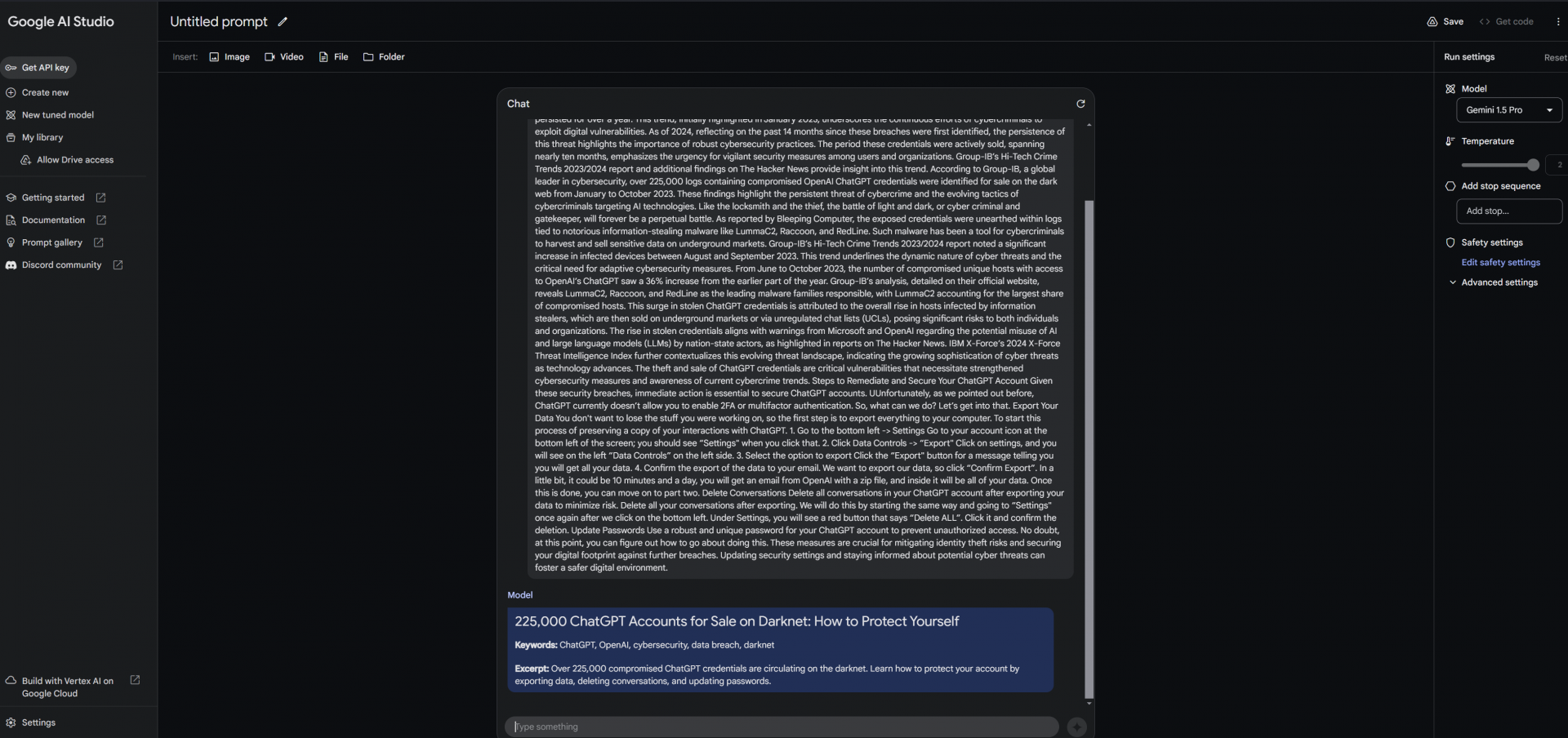
This experience suggests that despite Google’s strong reputation in AI, their latest Studio offering may not be as well-suited for particular writing and summarization tasks compared to Claude 3 or even the earlier iterations of ChatGPT Plus. Of course, further testing would be needed to assess Gemini’s capabilities across various applications comprehensively; this article is my experience with the different AIs out there. Nonetheless, this initial comparison reinforces my belief that Claude 3 offers a compelling combination of usability, responsiveness, and output quality for my needs.
Productivity Restored
Since switching to Claude 3, my productivity has rebounded to (almost) its pre-decline levels. I no longer waste hours on repetitive prompts, hoping for a usable output. Claude effectively understands and implements my requests, allowing me to focus on lower-level tasks and goals.
The time saved by not having to micromanage the AI is substantial. I now trust Claude will provide relevant, accurate information and assistance without constant oversight, refinement, and revisions. This newfound efficiency has been a game-changer for my workflow.
A Worthwhile Recommendation
For anyone currently using ChatGPT Plus and feeling frustrated with its limitations, I wholeheartedly recommend giving Claude 3 a try. The transition is easy, and the benefits are significant.
While no AI is perfect, Claude 3 has proven far more reliable and capable than ChatGPT in its current state. It’s an invaluable tool for writers, researchers, and anyone seeking to streamline their work with AI assistance.
Of course, individual needs and preferences may vary. Some users may find value in ChatGPT’s unique quirks or extensive training data. However, for those who prioritize efficiency, coherence, and responsiveness, Claude 3 is a worthy contender.
While I’m thrilled with Claude 3’s performance, I acknowledge that new developments and challenges may emerge. I do not doubt that the release of GPT 5 will CRUSH Claude 3. As users, it’s our responsibility to continually evaluate our tools and make choices that best serve our needs. No doubt, shortly after it’s release, be it three months or a year, GPT 5 will have trouble telling us the ABCs in order.
I’m grateful for the productivity and peace of mind Claude 3 has brought to my work. It’s a reminder that change can be a positive force in AI – if we’re willing to embrace it.

